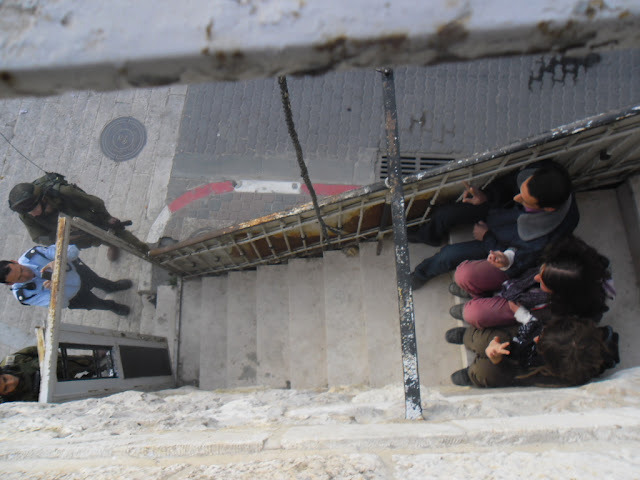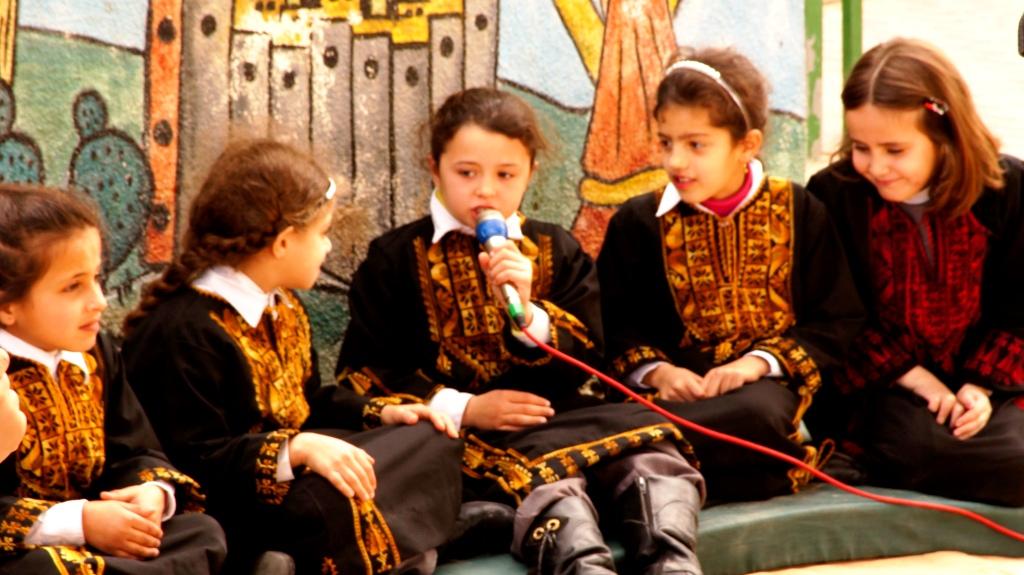Year: 2012
-
Qaryut: 8 year old injured by bomb planted by Israelis
by Lydia 2 April 2012 | International Solidarity Movement, West Bank Yemams father did not have time to respond to his son before the bomb exploded. Ripping through three layers of clothes and even more layers of skin, his father had to watch the tragedy unfold before his eyes. Yemam Mohammad Fatah Azam is just…
-
Israeli Brutality: Violent arrests of Palestinians in Hebron and disappearance of Dutch volunteer
by Paige and Satu 1 April 2012 | International Solidarity Movement, West Bank A Dutch woman and several Palestinians were violently arrested today during an attempt to reclaim a Palestinian house at the entrance of the old city in occupied Al Khalil (Hebron). About 30 Palestinians and international ISM activists from Canada, Finland, United States…
-
Land Day commemoration in Al Huda School, Khan Yunis
by Nathan Stuckey 1 April 2012 | International Solidarity Movement, Gaza Al Huda School is a small, private primary school in Khan Yunis. It serves about 400 students, a quarter of them orphans. The school isn’t in the center of town, it is more out in the countryside. You look out the windows over fields…



